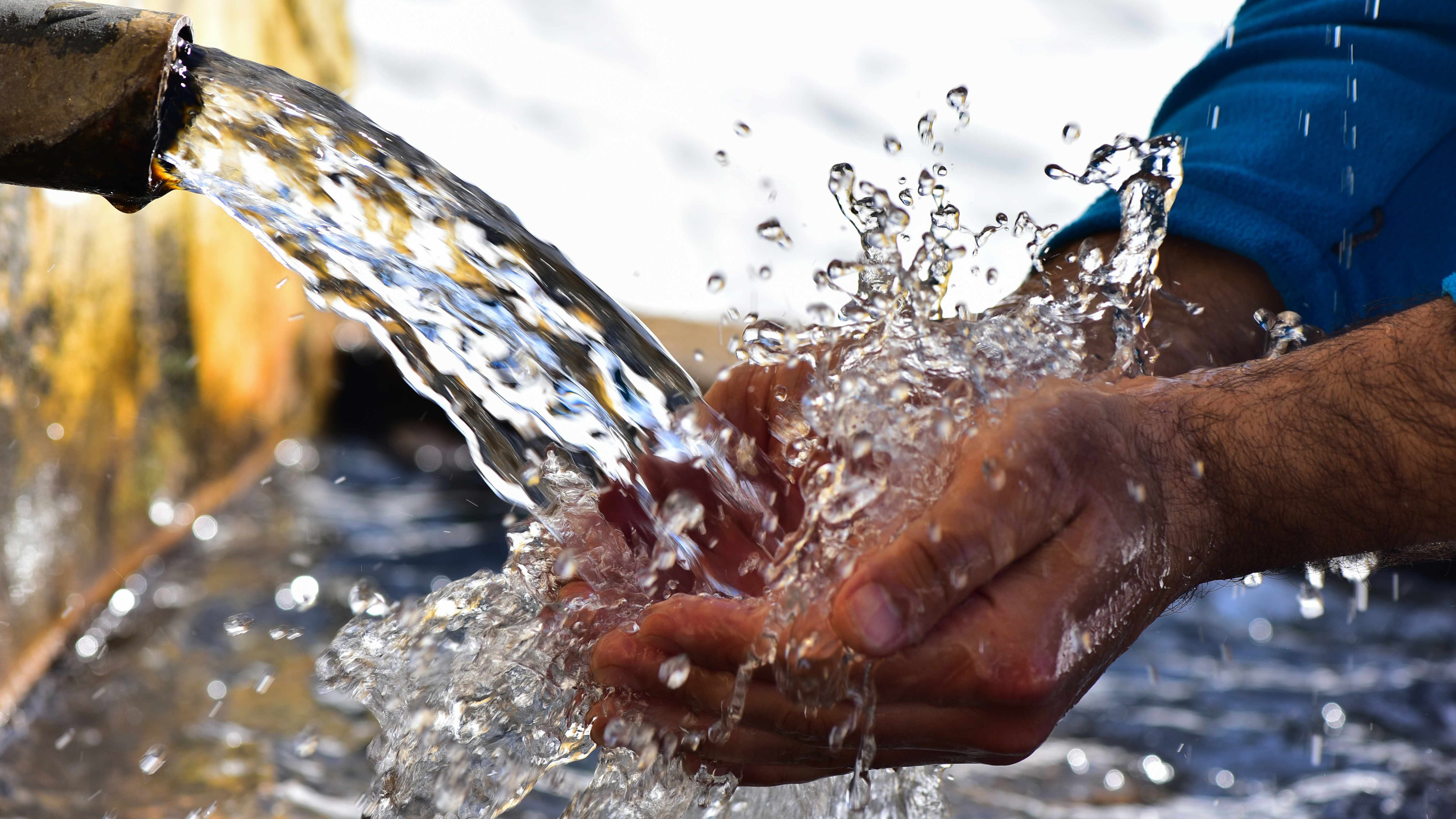 Floodwaters left behind by the recent hurricanes pose potential health risks. In Texas, the concern is E.coli, a bacterial infection from contaminated water that can cause mild to severe diarrhea. Dr. Pritish Tosh, an infectious diseases specialist at Mayo Clinic, says, "There are issues that happen during a hurricane where you can have mixing of drinking water, floodwaters and potentially even bringing sewage into that mix so you have water that’s no longer safe to drink," says Dr. Tosh. "There are several different kinds of pathogens you can get like E. coli, shigella, and other types of coliform bacteria that normally you would see in stool and can cause diarrheal diseases and potentially even more serious diseases in the right person."
Floodwaters left behind by the recent hurricanes pose potential health risks. In Texas, the concern is E.coli, a bacterial infection from contaminated water that can cause mild to severe diarrhea. Dr. Pritish Tosh, an infectious diseases specialist at Mayo Clinic, says, "There are issues that happen during a hurricane where you can have mixing of drinking water, floodwaters and potentially even bringing sewage into that mix so you have water that’s no longer safe to drink," says Dr. Tosh. "There are several different kinds of pathogens you can get like E. coli, shigella, and other types of coliform bacteria that normally you would see in stool and can cause diarrheal diseases and potentially even more serious diseases in the right person."
Access to safe drinking water is a major concern for those affected by hurricanes Irma and Harvey. "I worry about the aftermath of a hurricane,” says Dr. Tosh. “If people don't have access to clean water, they may be drinking what's available without boiling or filtering it first, in which case, they are at high risk of getting a diarrheal pathogen from that water."
Watch: Dr. Pritish Tosh discusses water safety.
Journalists: Broadcast-quality sound bites are in the downloads.
"If there is any concern about the safety of the water, it should be boiled. Dr. Tosh says, "Ideally, it should be boiled for one minute, allowed to cool, then filtered. This should kill any bacterial or protozoal infections in the water. You have to make sure the water you are drinking is safe. In the aftermath of a natural disaster like a hurricane, people may be tempted to drink any water available assuming it's safe. If you are not sure about your water, boil it, cool it, filter it."
Most healthy people recover from E. coli though some people including young children and older adults are at risk of developing hemolytic uremic syndrome, a life-threatening form of kidney failure.







